Sydney's rail network staff will begin industrial action on Sunday by refusing to issue fines and cautions to passengers, as well as vowing to leave station gates open.
It comes as the transport union said they would hold more action over the next month.
The Rail, Tram and Bus Union (RTBU) announced there will be rolling strikes through August to voice their demands to the government over safety concerns on the New Intercity Fleet.
Here is what we know about the upcoming strikes.
READ MORE: RBA hikes interest rates for a fourth consecutive month
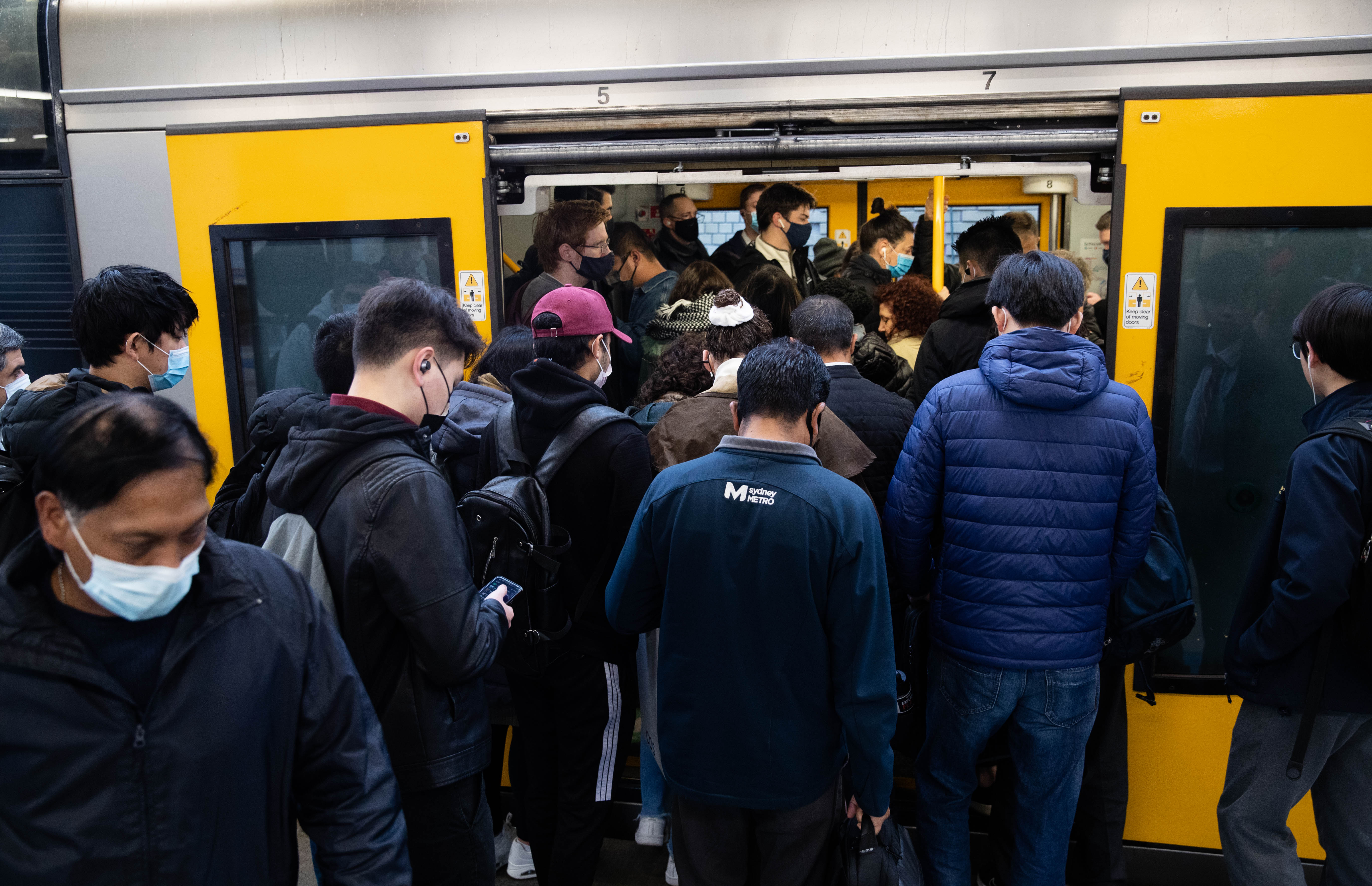
When are there planned train strikes?
There are nine different strikes planned throughout August, some of which will impact the regularity of train services and others won't.
On August 7, transport officers will be banned from issuing fines and cautions.
On August 10, train services will be impacted in area one which covers the T4 Illawarra and South Coast line and some Sydney services.
These trains will be impacted from 10am to 4pm.
On August 12, cleaners are banned from using vacuum cleaners or scrubbing machines.
On August 13, station staff will leave all gates open at all times.
On August 15, train crew will only operate trains that meet "minimum standards" of the maintenance centre.
This means not all trains will be operational however it is unclear which trains do not meet these standards.
On August 17, services in area two which covers the T3 Liverpool line and T2 Campbelltown line.
Suburbs from Campbelltown to Goulburn and Albury will be affected.
This area will be impacted from 10am to 4pm.
READ MORE: How the world's biggest four-day work week trial changed people's lives
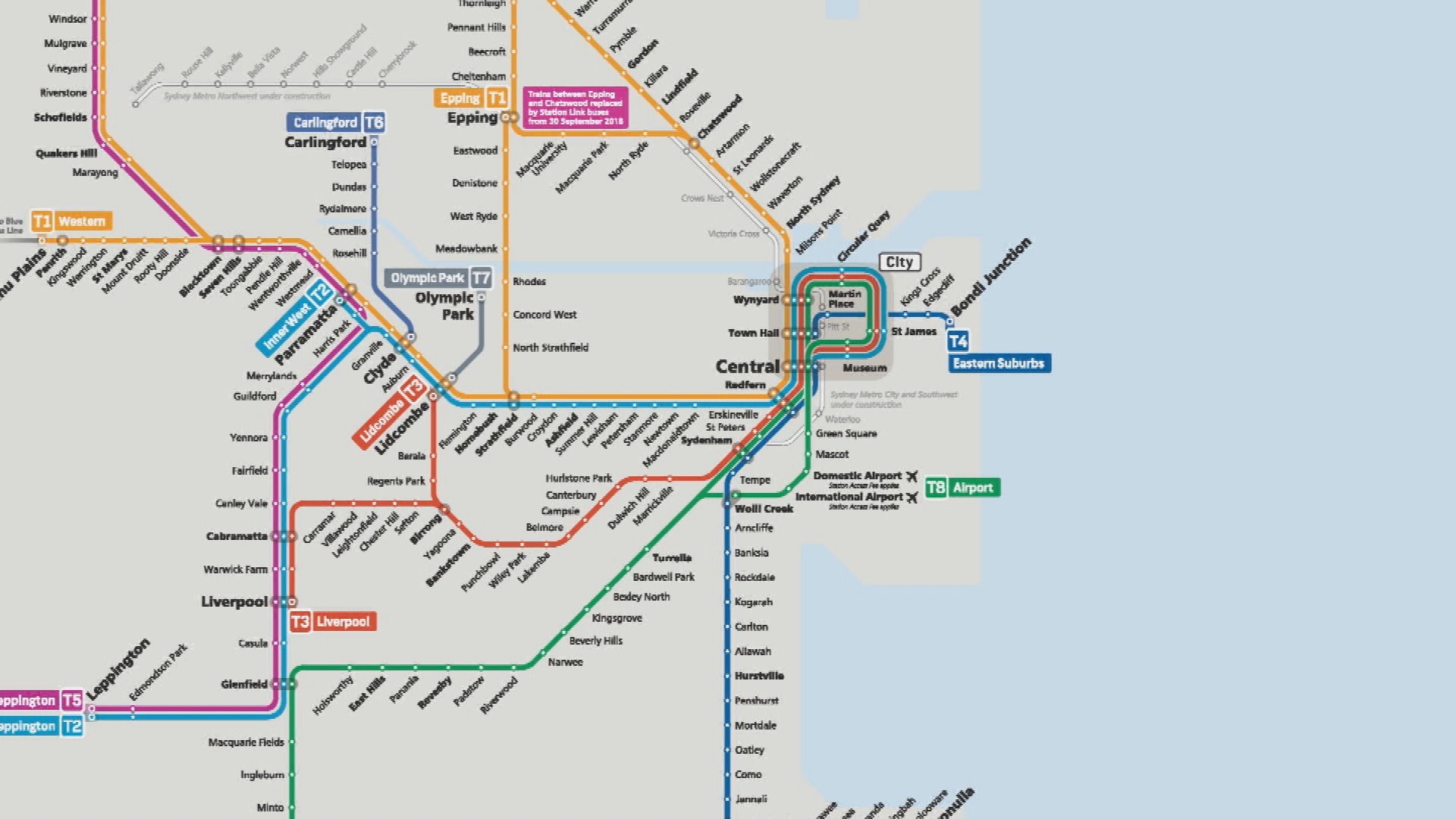
On August 23, train services in area three including the T1 Blue Mountains line and Newcastle line will be impacted.
Stops from Newcastle to Lithgow will be affected.
This area will also be impacted from 10am to 4pm.
On August 25, train services in area four including inner city services at Central, St James, Town Hall, Wynyard, Circular Quay, Redfern and Museum will be impacted.
This will be from 10am to 4pm.
On August 31, there will be a ban on operating foreign made trains which makes up 70 per cent of the fleet.
This will cause significant delays for commuters similar to those seen in previous strikes when only 30 per cent of the fleet was operating.
Why are transport staff striking?
Transport staff are walking off the job again as they claim the NSW government has failed to meet their safety demands relating to the New Intercity Fleet.
The union has been concerned about crucial blind spots in surveillance on the new fleet due to it relying solely on monitoring from CCTV cameras mounted on the sides of the trains, which have no audio and restricted line of sight because of the design of the carriages.
NSW Transport Minister David Elliott pledged $264 million to fix the fleet but the union claims the government has not committed to this pledge.
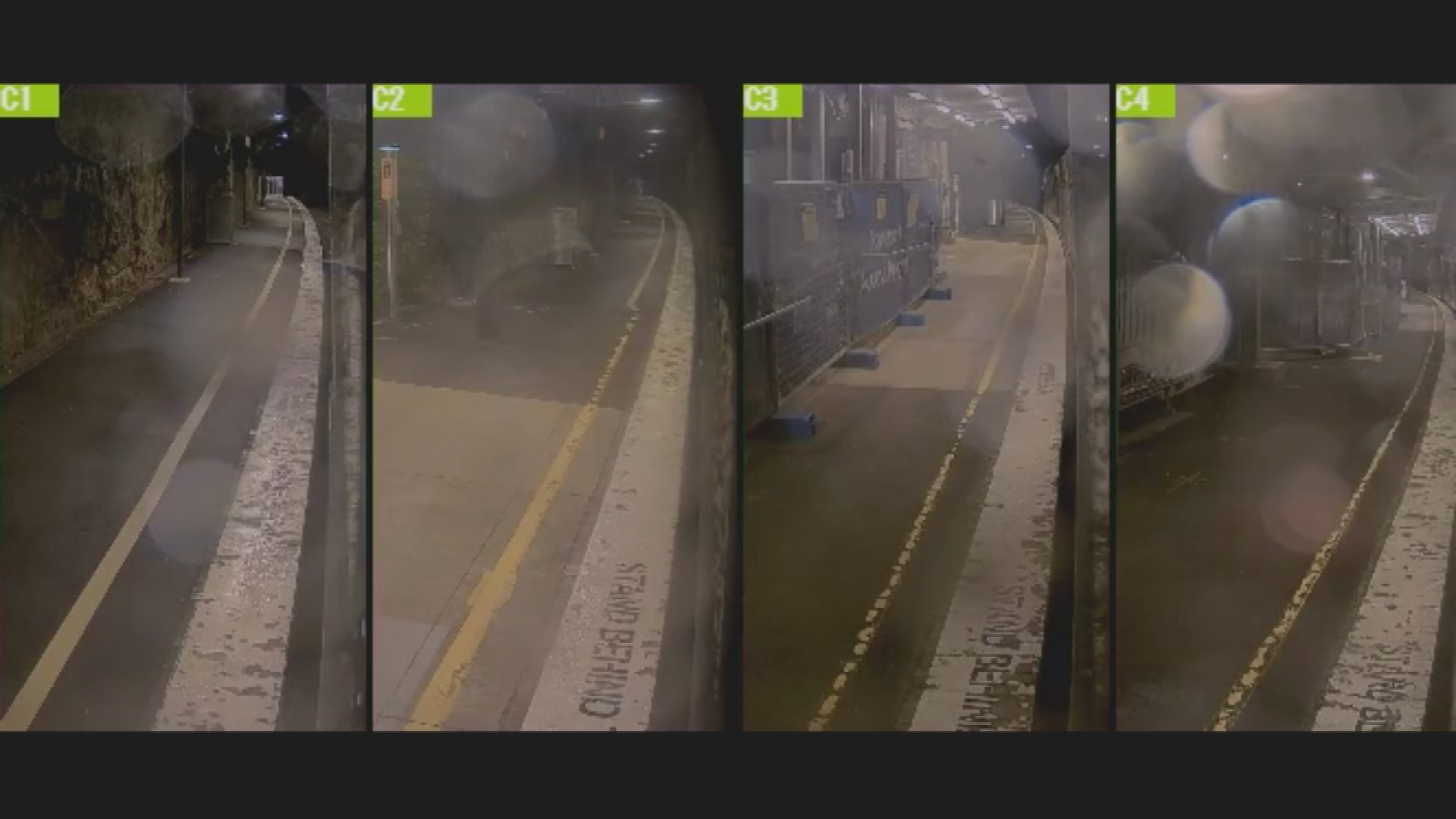
RTBU secretary Alex Claassens said rail workers have no choice but to take further action.
"The NSW Government is essentially holding the people of NSW to ransom in order to make a political point which is as bizarre as it is bitterly disappointing," he said.
"We've done everything by the book in order to get these vital safety changes, but the government is refusing to listen.
"This is our only way of making sure that the safety changes that need to be made will actually be made.
"We've had plenty of verbal promises before which is why this time we need to see it committed to in a binding document."
READ MORE: Travel boss issues grim airport warning
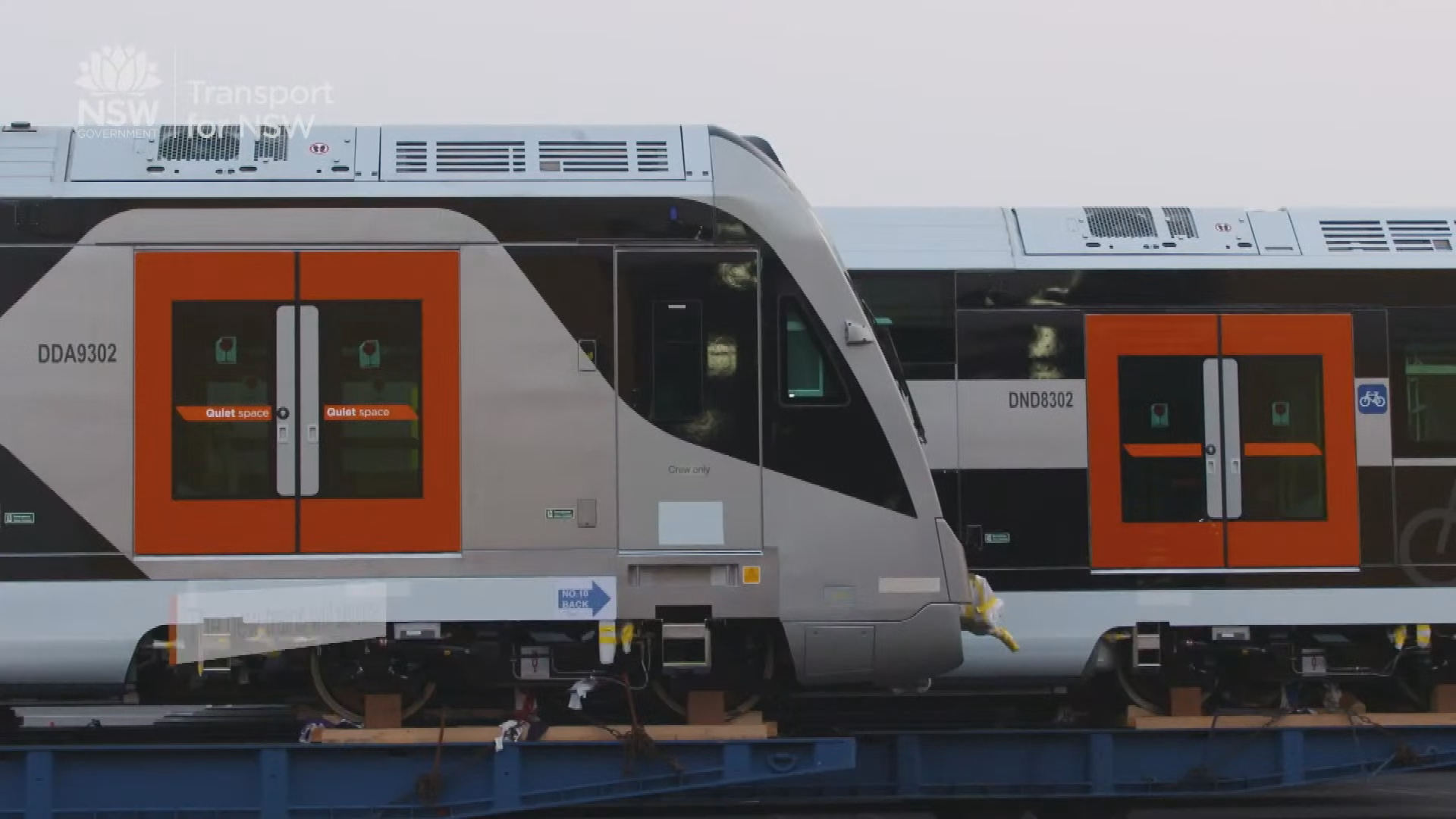
What lines will be affected by train strikes?
Different train lines will be impacted on different days in the upcoming strikes.
Here is a breakdown.
August 17: T3 Liverpool line and T2 Campbelltown line.
August 23: T1 Blue Mountains and Newcastle line.
August 25: Inner city services including the city circle.
August 31: the majority of train lines.
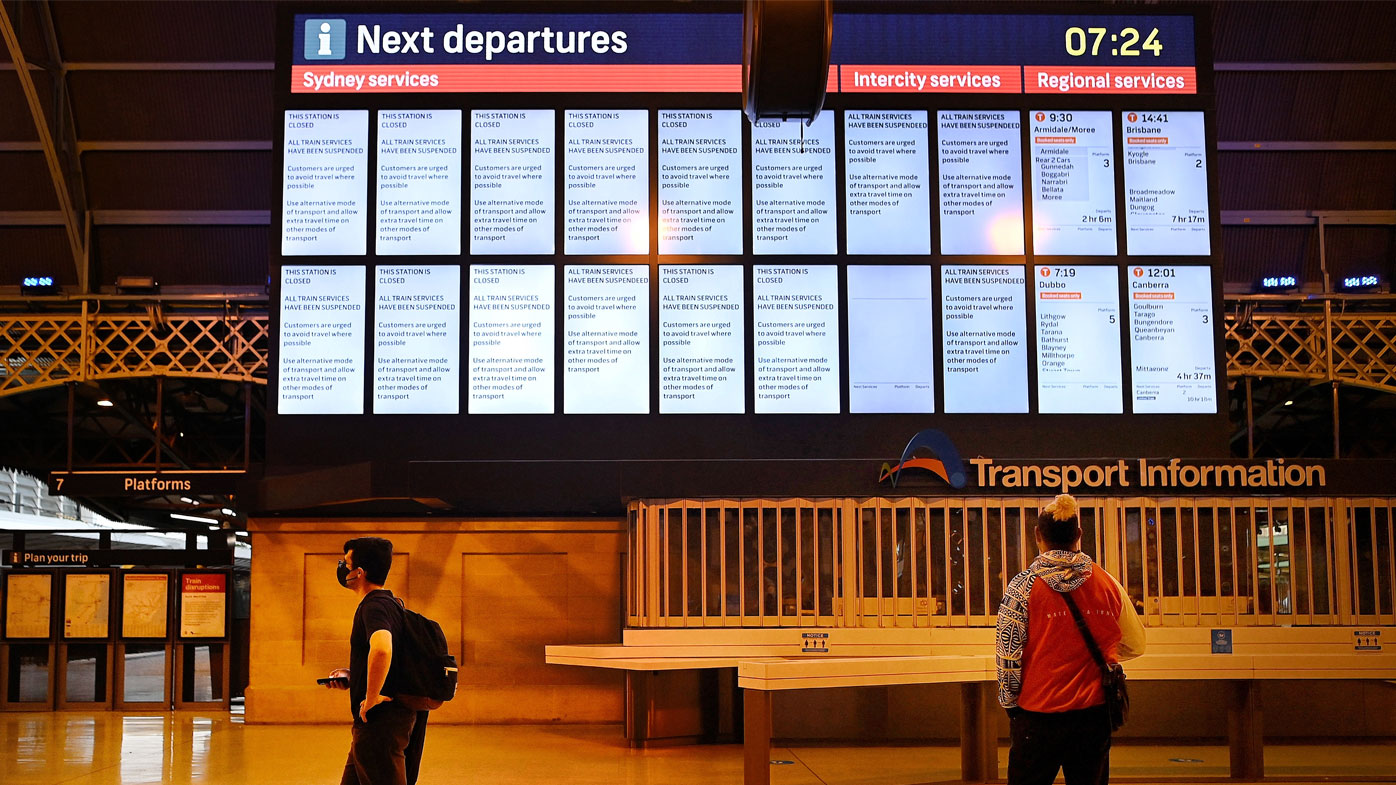
Are buses affected?
Buses will be running normally on the days of the strikes.
What to expect on strike days?
Commuters are urged to leave extra travel time or to avoid trains if a strike is planned on their line.
The union did however say there should be little impact on the public.
"There's no reason why, with some planning and common-sense, trains cannot continue to run relatively smoothly while our actions are happening," Claassens said.
